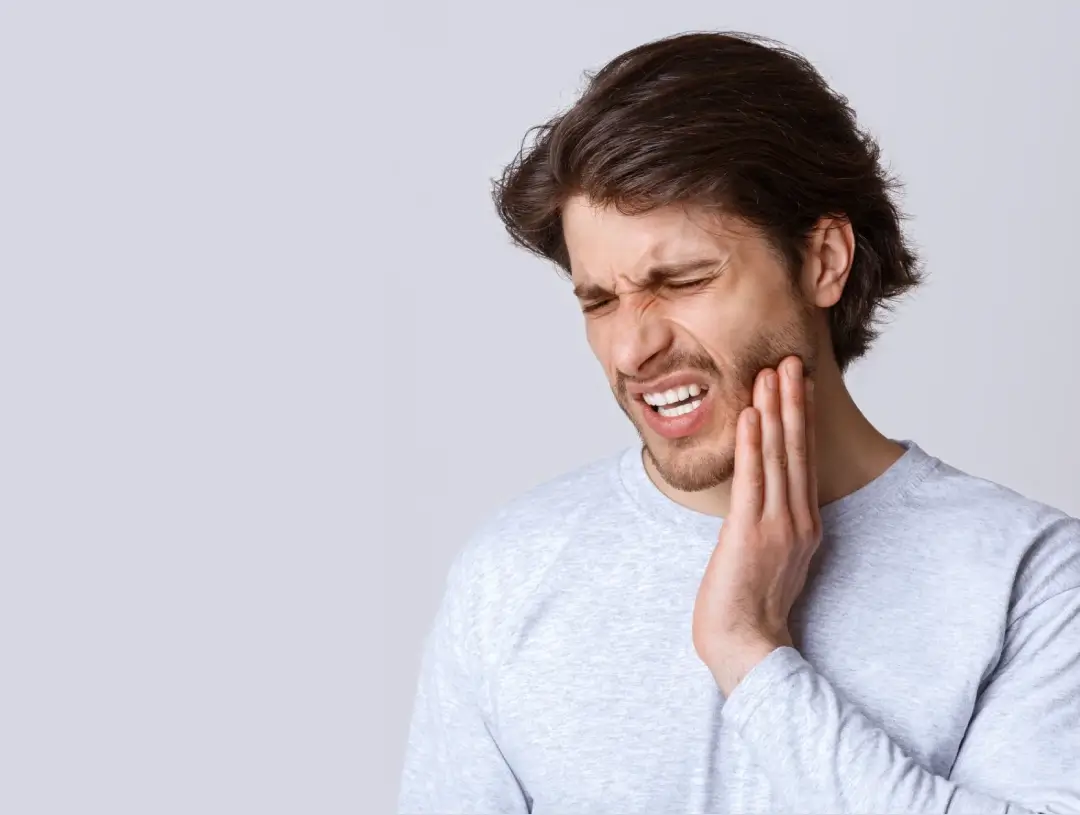BRUXISM/TEETH GRINDING OR CLENCHING
What Is Bruxism?
Bruxism, also known as teeth grinding and clenching, is a condition that can cause immense pain and discomfort for those who suffer from it.
Bruxism happens most commonly at night and when you are sleeping. It is also referred to as sleep bruxism, or nocturnal teeth grinding. Bruxism is a condition that should not be taken lightly. In severe cases, it can lead to damaged or worn-down teeth, which can lead to sensitivity or even tooth loss.

Arrange an Appointment with our Qualified Dentists Today.
Teeth Grinding Causes

- Stress and anxiety
- Fatigue
- Smoking
- Alcohol consumption
- Caffeine intake
- Certain Medications
- Sleep disorders
- & more

Bruxism Treatment
It is crucial to understand that bruxism, or teeth grinding, does not have a cure. The goal of treatment is to decrease the frequency, occurrence and severity of symptoms and the damage caused by it. There is no one-size-fits-all treatment, at Ashton Avenue Dental, we recommend a combination of treatments to manage the issue. These may include:
Occlusal splints
Physical Therapy
Medication
Anti-wrinkle Injections
Surgery
Specialist referral

Temporomandibular Joint Disorders (TMJ)

TMJ disorders refer to a group of conditions that affect the jaw joint and the associated muscles. Symptoms often include jaw, face or ear pain, along with difficulty eating and popping/clicking sounds when opening the jaw. Similar to teeth grinding, the cause is not always clear but often triggered by factors such as stress, injury, or arthritis. The emotional toll of bruxism can be devastating, as sufferers may feel embarrassed or self-conscious about their grinding habits. Patients may also feel frustrated and helpless as they try to find a way to stop the grinding and alleviate their pain. Some common teeth grinding symptoms include:
- Toothaches
- Tooth damage/decay
- TMJ
- Migraines
- Aching muscles
- Facial pain
- Earaches
- Disrupted sleep
- Jaw and neck pain
- Headaches
